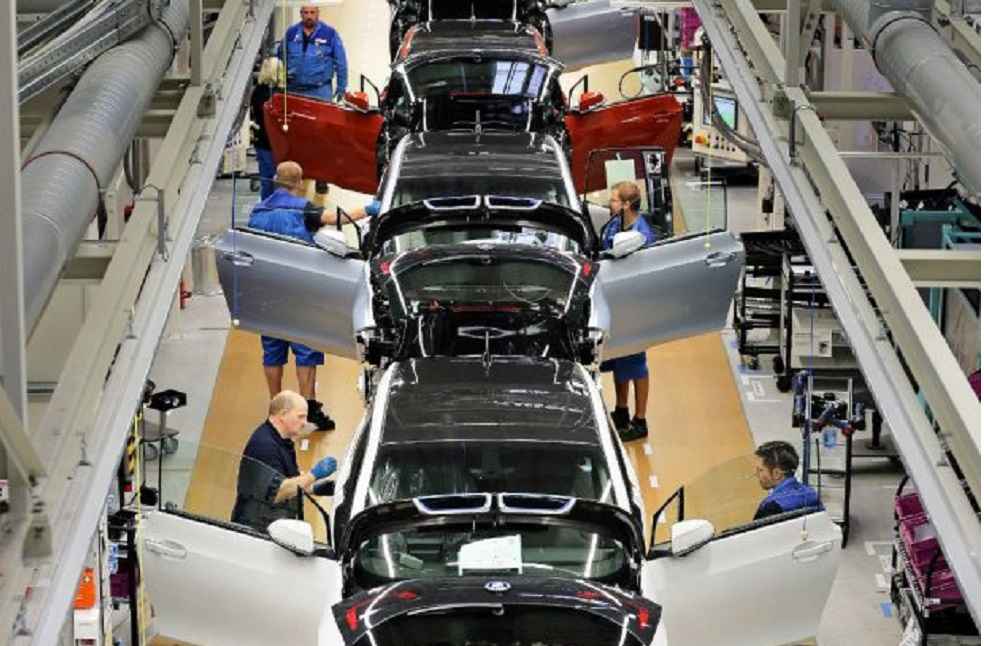Germany auto industry, a cornerstone of its economy, faces a mounting crisis marked by job cuts, declining competitiveness, and the challenges of transitioning to electric vehicles (EVs). Volkswagen (VW) has announced plans to reduce thousands of jobs in Germany, with similar cuts expected across other automakers and their suppliers.
The situation, described as a ‘German polycrisis’ by Stefan Bratzel of the Center of Automotive Management, stems from a mix of challenges, including high labour costs, lagging innovation in EVs, and stiff competition from emerging global players. German automakers, traditionally strong in combustion engine vehicles, are struggling to adapt to the growing demand for EVs, which rely heavily on software and electronic components.

Industry experts have pointed to various factors exacerbating the crisis. The abrupt termination of EV subsidies in late 2023 and insufficient charging infrastructure have dampened sales. Critics also blame inconsistent government policies, fluctuating between promoting combustion engines and EVs, creating uncertainty among consumers and manufacturers alike.
China has emerged as a dominant force in the global EV market, not only leading in technology but also in market power. Chinese automakers and joint ventures are outpacing German brands in innovation and customer engagement, particularly in Asia’s growing markets. Experts foresee India becoming another competitive hub, modeled after China’s success.
Despite the grim outlook, there is hope for recovery. Advances in battery technology, including the potential shift to solid-state batteries, could offer German automakers a chance to regain footing. Experts believe that 2025 will be a decisive year, with regulatory changes and bold management actions needed to steer the industry toward recovery.

A recent study by the Prognos Institute, commissioned by the German Association of the Automotive Industry (VDA), highlights the stakes. The study predicts a loss of 186,000 carmaking jobs in Germany by 2035 if current EV trends continue. The VDA has urged policymakers to reduce bureaucracy, simplify approval processes, and create a competitive tax system to support the struggling sector.
While experts warn that the next two to three years will be critical for addressing structural issues, they remain cautiously optimistic that Germany’s auto industry can emerge stronger if it embraces innovation and adapts to global market dynamics.
OBSERVATION | Tesla Australia Faces 17% Sales Decline in 2024 Amid Price Reductions





